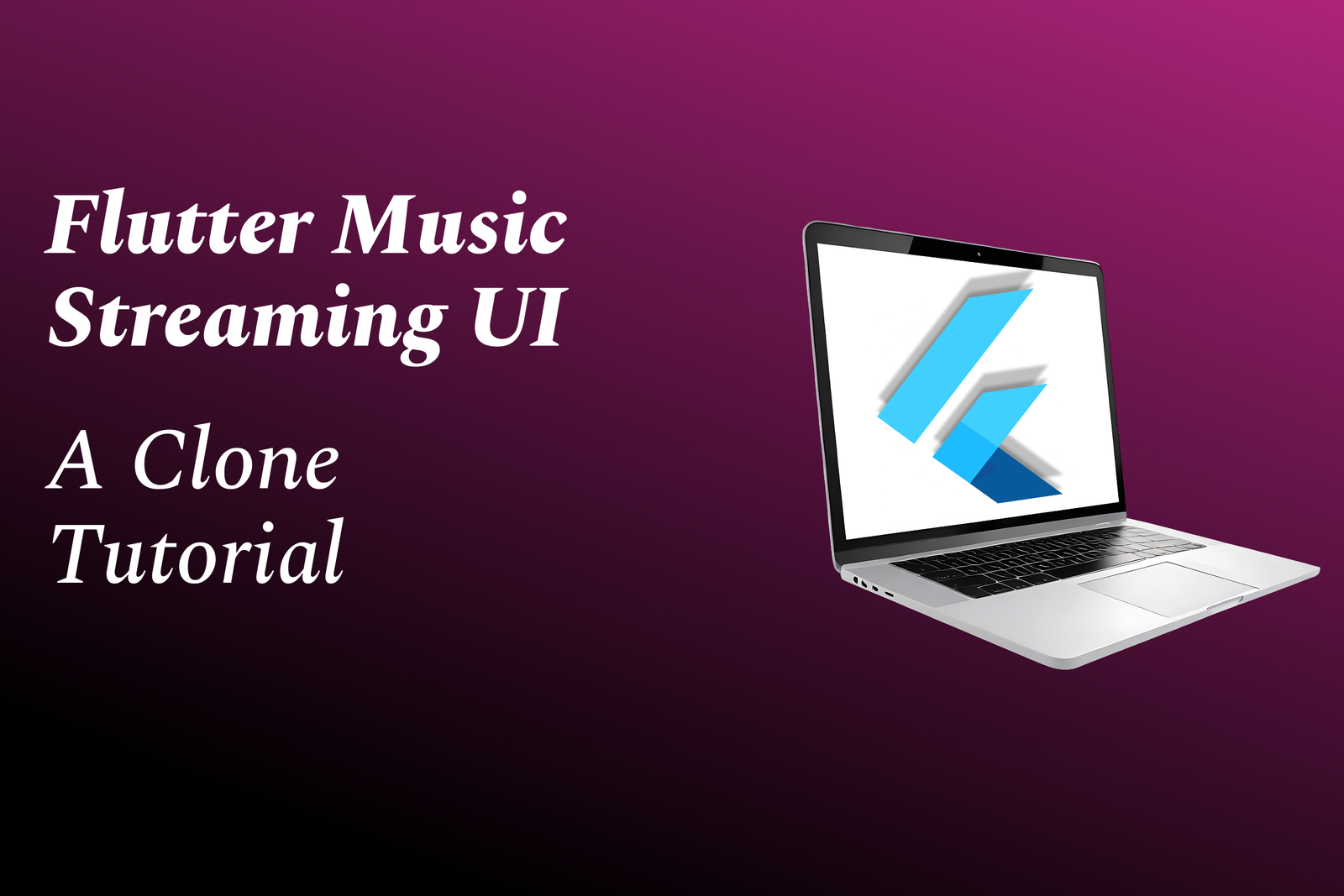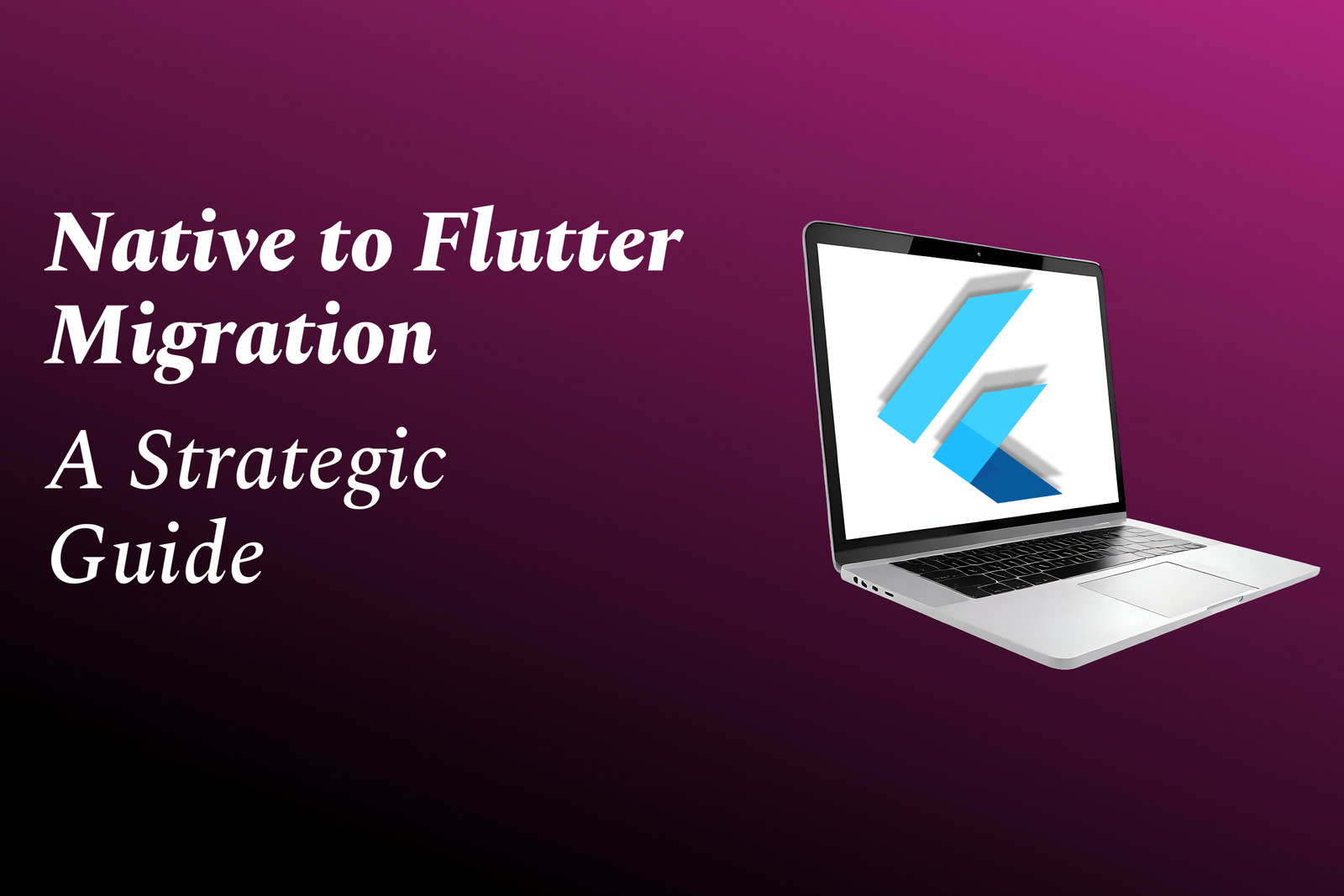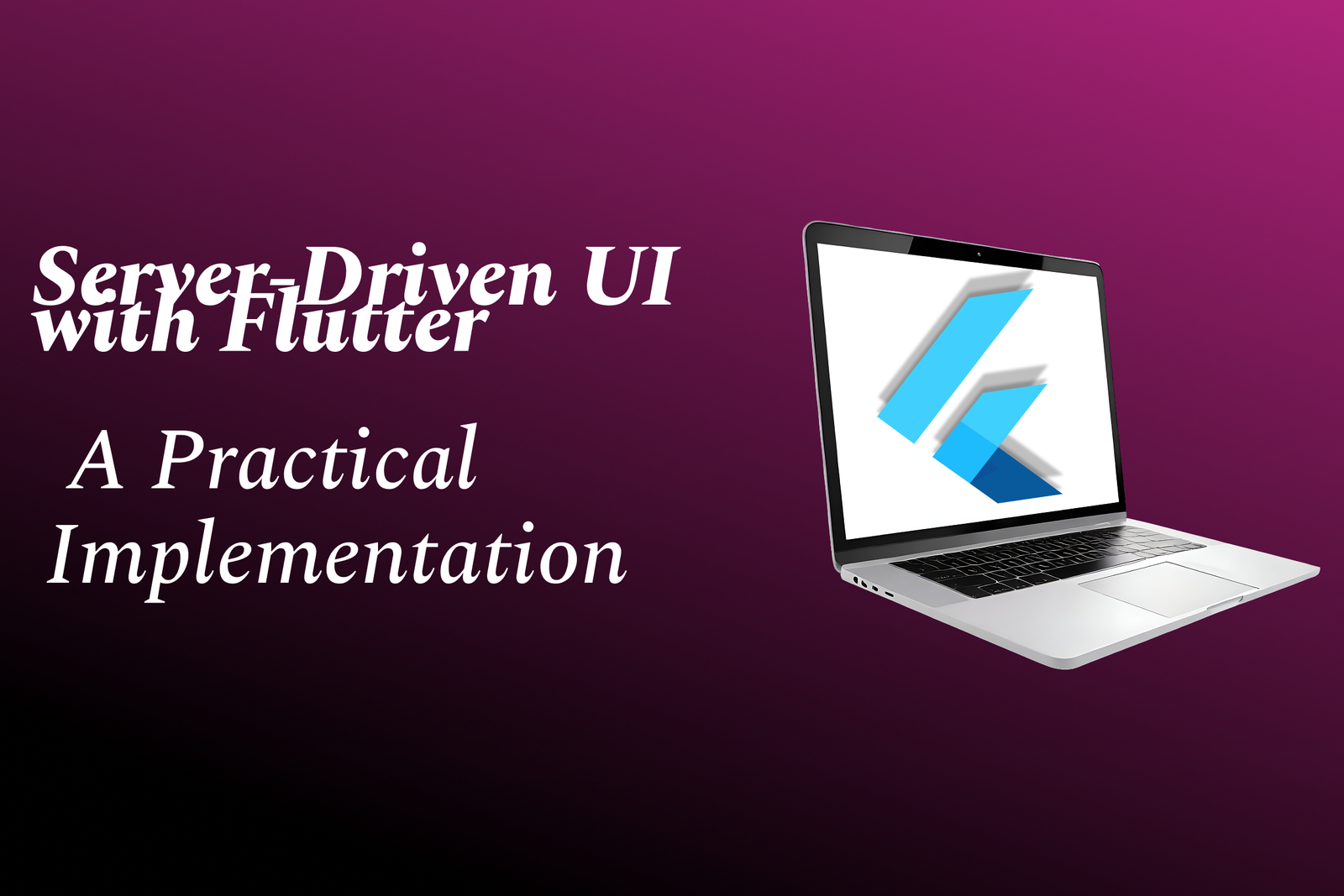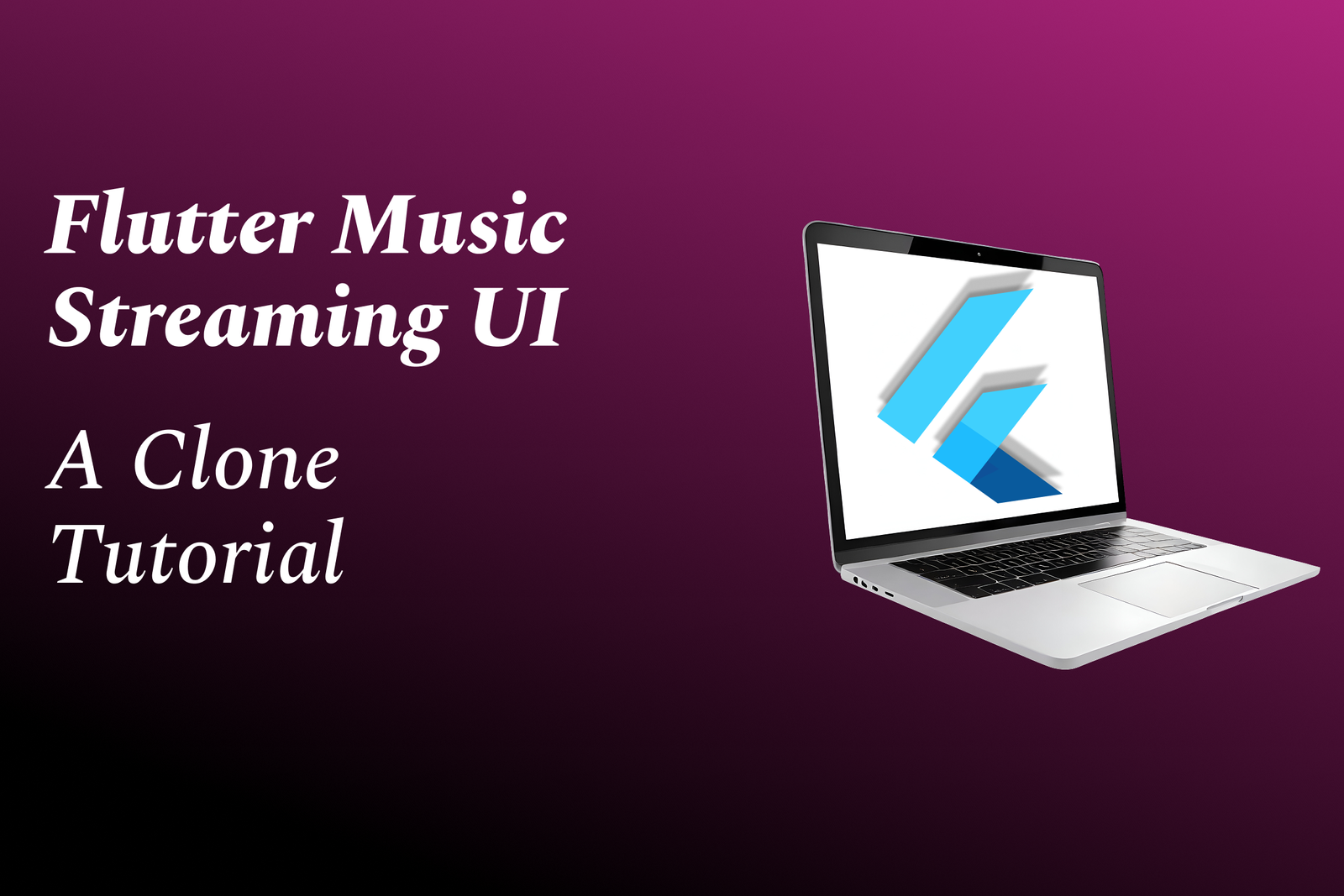Gamification In Flutter: Engaging Your Users
Gamification in Flutter transforms apps by embedding game-design elements—points, badges, leaderboards, streaks, progress bars, and rewards—into user flows to boost motivation, engagement, and retention. Flutter’s fast, expressive UI, built-in animation tools, and single codebase make it easy to craft smooth, interactive experiences and integrate analytics, notifications, and real-time backends for tracking achievements and social features. For learning platforms like JustAcademy, gamification turns passive study into active practice, delivers measurable progress, and drives higher course completion and long-term user loyalty.
Gamification In Flutter: Engaging Your Users
Gamification in Flutter lets you add game-like elements—points, badges, leaderboards, progress bars, streaks and rewards—directly into your app’s UI to boost motivation, engagement and course completion. Flutter’s fast, expressive widgets and smooth animation system make it easy to craft polished, cross-platform interactions, while its integrations with analytics, real-time backends and push notifications enable tracking progress and rewarding behavior. For learning platforms like JustAcademy, gamification turns routine study into goal-driven, measurable experiences that increase retention, encourage practice, and transform passive users into active learners.
To Download Our Brochure: **https://www.justacademy.co/download-brochure-for-free
**
Message us for more information: **https://api.whatsapp.com/send?phone=919987184296
**
Gamification in Flutter lets you add game like elements—points, badges, leaderboards, progress bars, streaks and rewards—directly into your app’s UI to boost motivation, engagement and course completion. Flutter’s fast, expressive widgets and smooth animation system make it easy to craft polished, cross platform interactions, while its integrations with analytics, real time backends and push notifications enable tracking progress and rewarding behavior. For learning platforms like JustAcademy, gamification turns routine study into goal driven, measurable experiences that increase retention, encourage practice, and transform passive users into active learners.
Course Overview
Gamification in Flutter: Engaging Your Users — This JustAcademy certification teaches how to design and implement game-like features in Flutter (points, badges, leaderboards, progress, animations), integrate analytics and backends, and build real-time projects to boost engagement and retention.
Course Description
This JustAcademy certification teaches developers to design and implement gamification in Flutter—points, badges, leaderboards, progress tracking, animations—plus analytics and backend integration through hands-on real-time projects to boost user engagement and retention.
Key Features
1 - Comprehensive Tool Coverage: Provides hands-on training with a range of industry-standard testing tools, including Selenium, JIRA, LoadRunner, and TestRail.
2) Practical Exercises: Features real-world exercises and case studies to apply tools in various testing scenarios.
3) Interactive Learning: Includes interactive sessions with industry experts for personalized feedback and guidance.
4) Detailed Tutorials: Offers extensive tutorials and documentation on tool functionalities and best practices.
5) Advanced Techniques: Covers both fundamental and advanced techniques for using testing tools effectively.
6) Data Visualization: Integrates tools for visualizing test metrics and results, enhancing data interpretation and decision-making.
7) Tool Integration: Teaches how to integrate testing tools into the software development lifecycle for streamlined workflows.
8) Project-Based Learning: Focuses on project-based learning to build practical skills and create a portfolio of completed tasks.
9) Career Support: Provides resources and support for applying learned skills to real-world job scenarios, including resume building and interview preparation.
10) Up-to-Date Content: Ensures that course materials reflect the latest industry standards and tool updates.
Benefits of taking our course
Functional Tools
1 - Flutter SDK and Dart language
Hands on instruction in Flutter SDK fundamentals and Dart programming tailored for gamified interfaces.
Students build responsive UIs, custom widgets and performant game like screens using Flutter core APIs.
Emphasis on animation controllers, gesture handling and custom painters to create interactive mechanics.
Practical modules include creating point systems, progress bars and micro interactions that drive retention.
JustAcademy projects guide students to integrate these skills into portfolio ready mini games and app features.
2) Flame game engine and Flame components
Deep dive into Flame for lightweight 2D game mechanics insidecations.
Training covers sprites, collision detection, game loops and component based architecture with Flame.
Students prototype gamified mini games to learn scoring, lives, timers and real time feedback patterns.
Integration lessons show how Flame coexists with standard Flutter widgets and state management.
Capstone tasks use Flame components to demonstrate clear, playable examples of gamified UX.
3) Rive and Lottie for advanced animations
Instruction on Rive animations for interactive, state driven vector motion in app.
Lottie integration teaches importing JSON animations for polished micro animations and rewards.
Students learn to control animation states programmatically—triggering celebratory effects on level ups.
Workshops include optimizing animation performance and coordinating with business logic.
Portfolio exercises highlight how animated feedback increases delight and perceived reward value.
4) Firebase suite (Auth, Firestore, Realtime DB, Cloud Functions)
Comprehensive use of Firebase for user accounts, real time leaderboards and persistent progress.
Firestore and Realtime Database examples show synchronous scoring, match making and session state.
Cloud Functions automate reward logic, badges issuance and server side integrity for points systems.
Authentication modules teach secure sign in flows and cross device progress synchronization.
Hands on labs implement Firebase backed leaderboards, achievements and audit trails for gamification.
5) Firebase Analytics, A/B Testing and Remote Config
Training on event driven analytics to measure engagement, retention and feature impact.
Students design instrumentation for tracking milestones, reward redemptions and funnel steps.
A/B testing with Firebase allows experimentation on reward frequency, UI changes and progression curves.
Remote Config teaches live tuning of difficulty, rewards and thresholds without app releases.
Practical sessions interpret metrics to iterate gamification strategies and optimize KPIs.
6) State management (Provider, Riverpod, BLoC, GetX)
Comparative lessons on Provider, Riverpod, BLoC and GetX for managing gamified app state.
Use cases include syncing points, achievement flags, HUD updates and concurrent sessions.
Students implement reactive patterns to avoid race conditions in scoring and reward distribution.
Guidance on selecting patterns for scalability, testability and team collaboration in production apps.
Code reviews emphasize separation of UI, game logic and persistence for maintainability.
7) Local storage and offline first approaches (Hive, SQLite, SharedPreferences)
Modules on Hive and SQLite for storing progress, cached leaderboards and offline rewards.
SharedPreferences used for lightweight flags like tutorial completion or one time bonuses.
Strategies taught for conflict resolution and syncing offline earned points when reconnecting.
Students build resilient flows that preserve player progress during connectivity drops.
Real world scenarios include temporary boosts, queued actions and reconciled server syncs.
8) In app purchases and monetization (RevenueCat, Store APIs)
Practical coverage of consumables, subscriptions and non consumable purchases for reward systems.
RevenueCat and native store APIs demonstrations streamline cross platform purchase logic.
Lessons include bundling premium progression, ad free tiers and token based economies.
Compliance, receipt validation and handling edge cases such as refunds and restores are covered.
Students design ethical monetization flows that balance retention, fairness and revenue.
9) Ads, rewarded ads and mediation (AdMob, Unity Ads, Ad mediation)
Training in integrating rewarded ads as a retention and monetization mechanic.
Implementation patterns include giving extra lives, energy refills or double rewards after ad views.
Mediation setups and fallback strategies maximize revenue while preserving UX quality.
Students learn to measure ad impact on engagement and avoid reward inflation pitfalls.
Modules include policies and best practices to prevent disruptive or abusive ad experiences.
10) Analytics platforms (Amplitude, Mixpanel) and event instrumentation
Advanced analytics workshops using Amplitude or Mixpanel for cohort analysis and funnels.
Event modeling shows how to tag onboarding steps, challenges completed and reward redemptions.
Students learn to build dashboards and retention cohorts that inform gamification tuning.
Practical tasks include correlating mechanic changes with DAU/MAU and session length shifts.
Outcome driven labs teach translating analytics into prioritized product experiments.
11 - Notifications and engagement channels (firebase_messaging, local_notifications)
Hands on setup for push and local notifications to re engage users with time sensitive rewards.
Strategies cover personalized reminders, streak nudges and event driven achievement alerts.
Technical lessons include scheduling, deep links to specific in app content and permission handling.
Students build re engagement campaigns and measure lift using analytics integrations.
Ethical design of frequency and content is emphasized to avoid notification fatigue.
12) Backend and real time communication (Node, Cloud Functions, Socket.IO)
Workshops on server side logic for matchmaking, multiplayer sessions and fraud prevention.
Socket.IO and realtime patterns teach synchronous updates for leaderboards and live events.
Students implement secure APIs for awarding points and validating achievement criteria.
Scalability topics include rate limiting, sharding leaderboards and eventual consistency models.
Capstone projects integrate these components to simulate live tournaments or events.
13) UI/UX and design tools (Figma, Adobe XD) for gamified flows
Design focused sessions guide students to craft onboarding, progress maps and reward screens.
Figma prototyping exercises include microcopy for notifications and delight moments.
Students iterate UX flows to reduce friction and highlight achievable goals and feedback loops.
Design handoff practices teach exporting assets and collaborating with developers.
Portfolio tasks require producing a design to code demo showing cohesive gamification.
14) Testing, QA and CI/CD (flutter_test, integration_test, Codemagic, GitHub Actions)
Unit, widget and integration testing practices ensure reward logic and progression are reliable.
E2E tests simulate multi step achievements, purchase flows and leaderboard consistency.
CI/CD pipelines using Codemagic or GitHub Actions automate builds, tests and beta deployments.
Students learn staging practices, feature flags and rollout strategies for gamified features.
Course assessments include maintaining test coverage while iterating on game mechanics.
15) Observability and performance (Flutter DevTools, profiling, Sentry)
Profiling lessons cover frame rendering, memory use and reducing jank in animation rich screens.
Sentry or Crashlytics integration teaches capturing errors related to reward handling and purchases.
Students learn to monitor backend latency for realtime leaderboards and matchmaking services.
Optimization exercises focus on asset loading, lazy rendering and efficient animation pipelines.
Operational modules prepare students to maintain smooth, stable gamified experiences post launch.
16) Collaboration and version control (Git, GitHub, code reviews, project management)
Best practices in Git workflows, branching, PRs and collaborative development for student teams.
Project management tools and agile sprints are used to simulate real world product delivery.
Students practice code reviews focused on security of reward logic and consistency of game rules.
Deliverables include a production like repository with CI, documentation and deployed demo builds.
JustAcademy mentorship ensures portfolio projects are employer ready with clear technical narratives.
Do you mean earning more points on your JustAcademy course(s)? Here are proven, ethical ways to boost your score and progress faster:
Quick wins
Complete all lessons and quizzes — finish optional/extra credit tasks.
Submit real time project assignments on time and follow rubric closely.
Re take practice quizzes to improve accuracy where allowed.
Engagement & consistency
Keep a daily study streak (log in, review a lesson or do a short quiz every day).
Attend live classes, office hours, and webinars — instructors often award participation points.
Post constructive answers and feedback in course discussion forums.
Quality improvements
Review feedback from mentors and revise projects before final submission.
Add polish to projects: README, clear documentation, screenshots/video demo.
Follow best practice code/style and include tests where applicable.
Extra opportunities
Complete optional challenges, capstones or hackathon style mini projects.
Claim badges or micro certifications offered inside the course.
Participate in peer reviews — many courses give points for reviewing classmates.
Account & referrals
Fill out course surveys or feedback forms if they give credits.
Use any referral/affiliate programs to earn bonus points (if available).
Performance & strategy
Focus on high value activities first (projects and graded assessments usually give most points).
Track your current score vs. target and prioritize remaining tasks by points per effort.
Ask mentors for tips on where you can gain the most points quickly.
If you want, tell me:
which JustAcademy course you’re in and current vs target points,
and I’ll create a prioritized action plan to help you reach the goal.
Browse our course links : https://www.justacademy.in/all-courses
i
To Join our FREE DEMO Session: https://www.justacademy.in/register-for-course-demo
l
This information is sourced from JustAcademy
Contact Info:
Roshan Chaturvedi
Message us on Whatsapp: https://api.whatsapp.com/send?phone=919987184296
p
**Email id: mailto:info@justacademy.co
p**
https://www.justacademy.co/blog-detail/server-driven-ui-with-flutter:-a-practical-implementation
a
https://www.justacademy.co/blog-detail/flutter-impeller-vs.-skia:-a-deep-dive-into-the-new-rendering-engine
https://www.justacademy.co/blog-detail/building-offline-first-apps-with-flutter-and-drift
rettulF
Ultimate Guide to Gamification in Flutter: Boost User Engagement, Retention & Rewards
Gamification in Flutter: Complete Tutorial to Boost User Engagement, Retention & Rewards with Code Examples
Flutter Gamification Guide: Boost User Engagement, Retention & Rewards
Flutter Gamification: Complete Guide to Boost User Engagement, Retention & In-App Rewards










